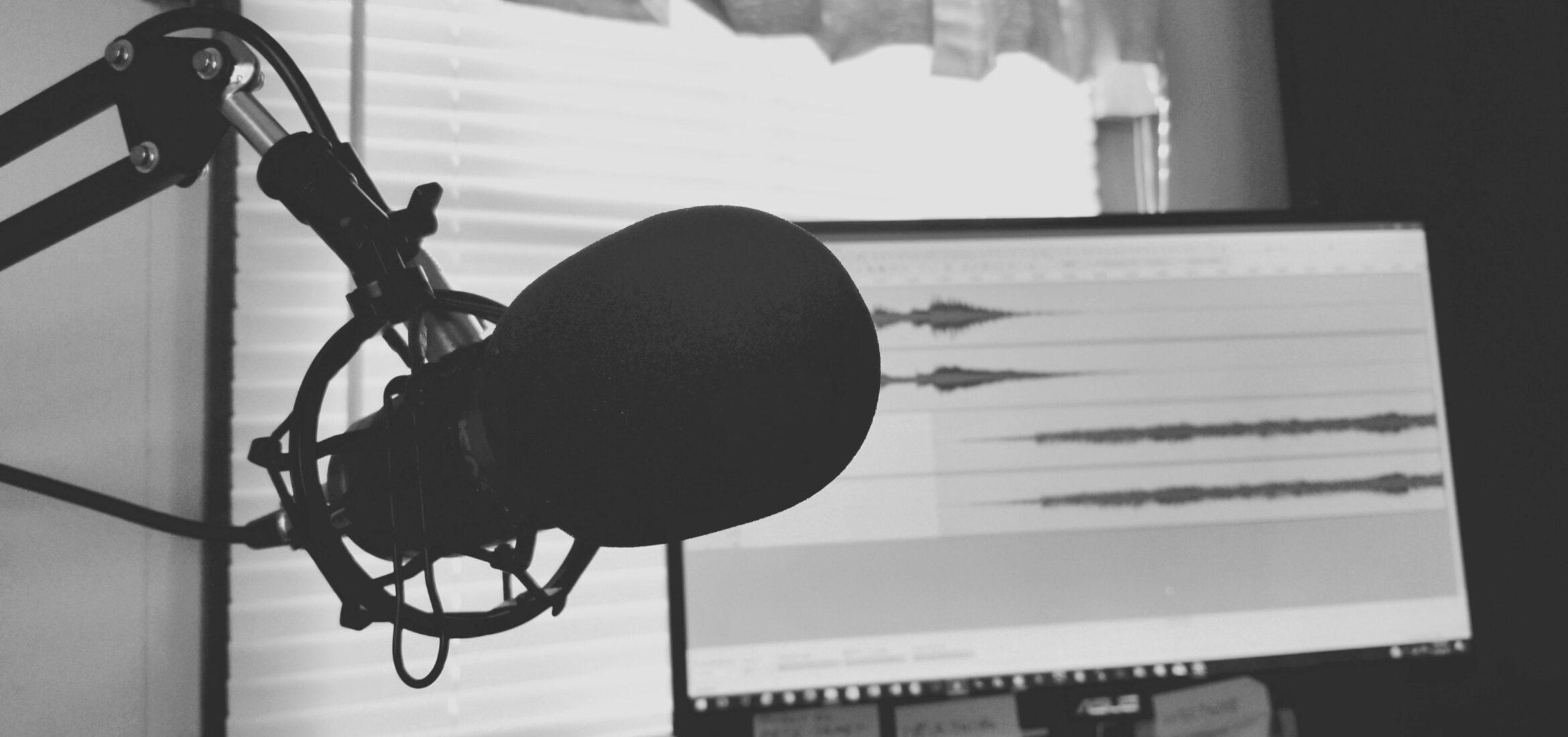At some point in almost every producer’s career, you will come to an inevitable conclusion: if you want to keep improving your music, you’re going to have to learn piano. While many other instruments can be incredibly helpful in the toolset of a producer, none quite measure up to the power of the piano. When it comes to learning piano, there’s a vast amount of musical theory knowledge that can be applied to practically everything you work on. You also gain a fantastic appreciation for composition and rhythmic design. From getting ideas out of your head and into your DAW to writing a song with powerful and catchy melodies, taking the time to learn piano is truly invaluable.
Some Key Things to Consider
One of the first topics I want to discuss on our quest to learn piano is scales. Scales, over and over, every day and every night until all you can think of is scales. There is a reason they are the bread and butter of every piano teacher to ever grace this earth. Scales form the basis of almost all Western music. They help you learn the notes for each key as well as their relative positions in the scale.
Rhythm Training Through Melodic Practice
Not only do scales help with musicality, but they are fundamental when it comes to rhythm. Getting a strong grip on the mechanical act of moving up and down an instrument is imperative in the early stages. Just like with your DAW, being hindered by your ability to move swiftly and efficiently through a session limits the quality of your work. When you learn piano, being unable to move around comfortably will restrict how quickly you can progress.

Finally, scales are fantastic practice for timing. It’s funny to think that such a melodic practice can be so useful for learning rhythm, but they really are. Working with a metronome and being able to lock into a groove is super helpful. Whether you’re playing live, adding a melody, or even programming drums, smooth and regular rhythm will improve the quality and speed of your work.
The Infamous Circle of Fifths
Without going into too much detail, this is something that every producer should have pinned up on their wall. Just like your essential production techniques, it’s good to have the essential songwriting tools. Unless you’re a virtuoso theorist, the circle of fifths is a great visual aid for anyone who wants to learn piano. This wonderful little tool explains the relationships between the 12 keys in a single octave, their related key signatures, and the relevant major and minor keys. Getting to grips with this means you can hop around key changes like a wizard. It’ll also help you to add mood shifts and clever thematic changes to all of your work. Print off a copy, learn it and see just how much easier it can make your life.
Resources to Help You Learn Piano Online
Learning piano online boosts musical skills and creativity. Explore diverse teaching styles and set specific goals, like mastering a song or technique, to stay motivated. Joining online communities offers support from fellow learners and experienced musicians. Embrace the journey, and remember that each practice session brings you closer to your goals as a pianist!
Flowkey
Flowkey is a great resource for learning piano. Whether you’re a complete beginner or have some experience, their platform supports everyone. If you’re looking to brush up on some foundational skills as we’ve already discussed, you can practice scales and various other exercises with live, interactive feedback and use their clever tools to repeat difficult sections, slow down, or speed up runs, and learn each hand individually. If you’re not one for exercises and repetitive key skills, Flowkey has you covered. Learn piano by playing the songs you love, by the artists you listen to, and keep it fun. Get yourself signed up, even if you don’t have a piano to play on yet, and receive free resources and songs to get you started on your musical adventure!

Playground Sessions
Co-created by legendary musician Quincy Jones, Playground Sessions is one of the top-rated online resources where you can learn piano. They have a fantastic curriculum that allows you to work through your lessons just as you would with a teacher. The use of popular songs as references for the lessons, combined with a stunning user interface, makes Playground Sessions a real treat to learn with. It’s also loaded with statistical data, allowing you to see just where your skills lie and where you have room for improvement. This means you can focus on practicing the things that you really need to work on.
Melodics
Melodics is a great option for those of you who are heavily into electronic music production. Not only does it focus on letting you learn piano, but it also provides lessons for playing pad controllers and electronic drums. This means you can gain a deep understanding of music theory as well as the specifics of rhythmic work for music production. The lessons have been created by a wide variety of legendary industry names across a huge range of genres. With a strong focus on electronic genres, there is definitely something for everyone. Equally, you’ll have the ability to branch out into other genres that you might have always wanted to explore. Taking skills from one area and adding them to your arsenal is a surefire way to create some seriously impressive music!
Hanon Online
For anyone looking for a more conventional approach to learning piano, it’s worth checking out the Hanon guides. With exercises and content taken from virtuoso pianist Charles Louis Hanon, this library of exercises is a great way to practice scales as well as the mechanics of piano playing. It’s not quite as interactive or modern as the other sites I’ve previously outlined. However, it’s still a fantastic foundation to build upon. With 240 piano finger exercises, you can quickly build up your dexterity and fluidity when it comes to the piano. Using this as a supplemental resource while perhaps practicing more specific exercises and songs via one of the other platforms will be a fantastic way to rapidly build your skills.

TL;DR
There are literally hundreds of places to learn piano online now. From simple e-books and YouTube channels to dedicated platforms, there is something to suit the needs of everyone. Whether you’re just starting out or you’re a seasoned musician, these great resources are sure to improve your game. Remember that things like scales and rhythm are fundamental and always the most important areas to focus on. Learning songs helps to make the whole process a lot more fun. It also helps to realize how the skills you’re learning apply to commercial music. Make sure to check out one (or all) of these fantastic resources. I guarantee that you’ll be playing the piano like a pro in no time at all!
Sobre el autor

Tim Dunphy
Ingeniero de sonido y redactor de contenidos especializadosMás de 10 años de experiencia trabajando en el sector del audio. De todo, desde enrollar XLR hasta masterizar álbumes. Soy un hombre hecho a sí mismo y mantengo mis activos en Bitcoin. ¿Qué más hay que saber?
Deja un comentario
Inicia sesión para comentar


